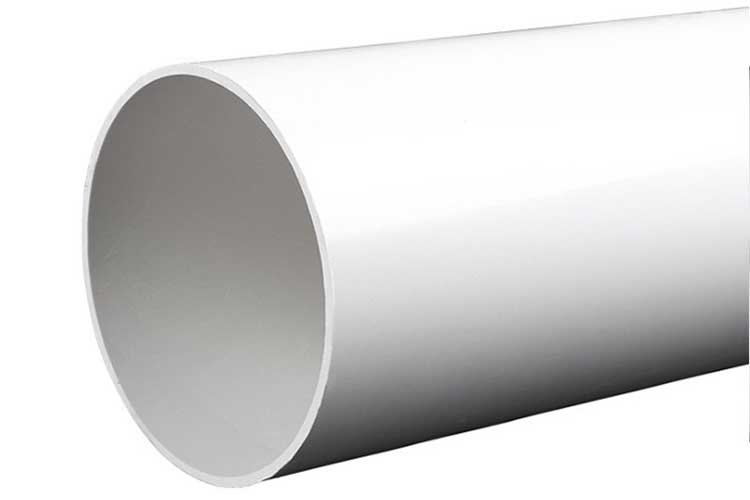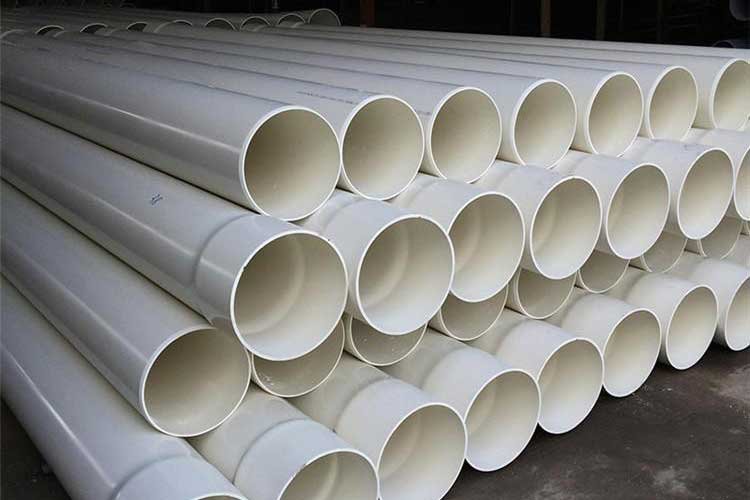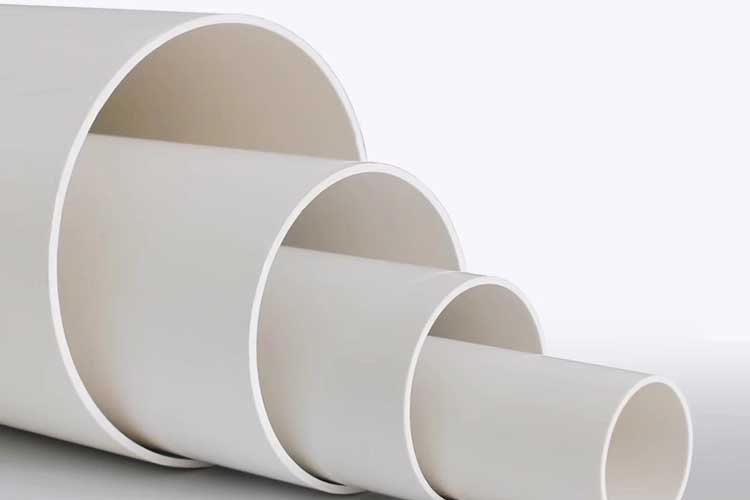PVC 파이프, 즉 폴리염화비닐 파이프는 건설, 산업, 농업, 도시 공학 등 다양한 분야에서 널리 사용되는 플라스틱 배관 시스템입니다. 본 글에서는 PVC 파이프의 특성, 적용 분야 및 장점을 소개합니다.
PVC 파이프의 특징
내식성: PVC 파이프는 물, 산, 알칼리 및 기타 화학 물질에 대한 내성이 매우 뛰어나 다양한 환경에서 사용하기에 적합합니다.
내압성: PVC 파이프는 우수한 내압성을 제공하며 특정 압력 하에서 액체나 가스의 수송을 견딜 수 있습니다.
내열성: PVC 파이프는 내열성이 매우 뛰어나 특정 온도 범위 내에서 고온을 견딜 수 있습니다.
환경 친화적: PVC 파이프는 유독 물질을 포함하지 않으며, 환경적 위험을 초래하지 않고 환경 보호 요건을 충족합니다.

PVC 파이프의 적용
건물 급수: PVC 파이프는 건물 급수 시스템에 널리 사용되는 배관 재료로, 온수, 냉수, 빗물 및 하수를 운반하는 데 사용됩니다.
산업용 배관: PVC 파이프는 산업 생산 공정에서 배관 시스템에 널리 사용되며, 화학 원료, 폐수 처리 및 공정 유체 이송에 활용됩니다.
농업용 관개: PVC 파이프는 농업용 관개 시스템에서 중요한 역할을 수행하며, 관개용수를 농지와 작물 재배 지역으로 운반합니다.

PVC 파이프의 장점
내구성: PVC 파이프는 우수한 내마모성과 내구성을 지니며, 노화나 파손 없이 장기간 안정적으로 작동할 수 있습니다.
비용 효율성: 금속 파이프에 비해 PVC 파이프는 재료비와 설치 비용이 낮아 전체 프로젝트 비용을 절감할 수 있습니다.

결론
고품질 배관 재료로서 PVC 파이프는 다양한 분야에서 폭넓게 활용됩니다. 내식성, 내압성 및 환경적 성능 덕분에 많은 배관 프로젝트에서 선호되는 재료입니다.